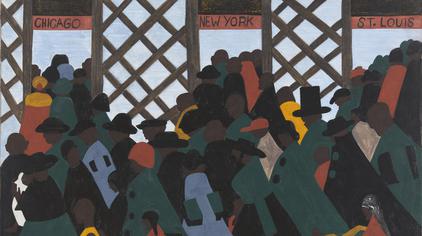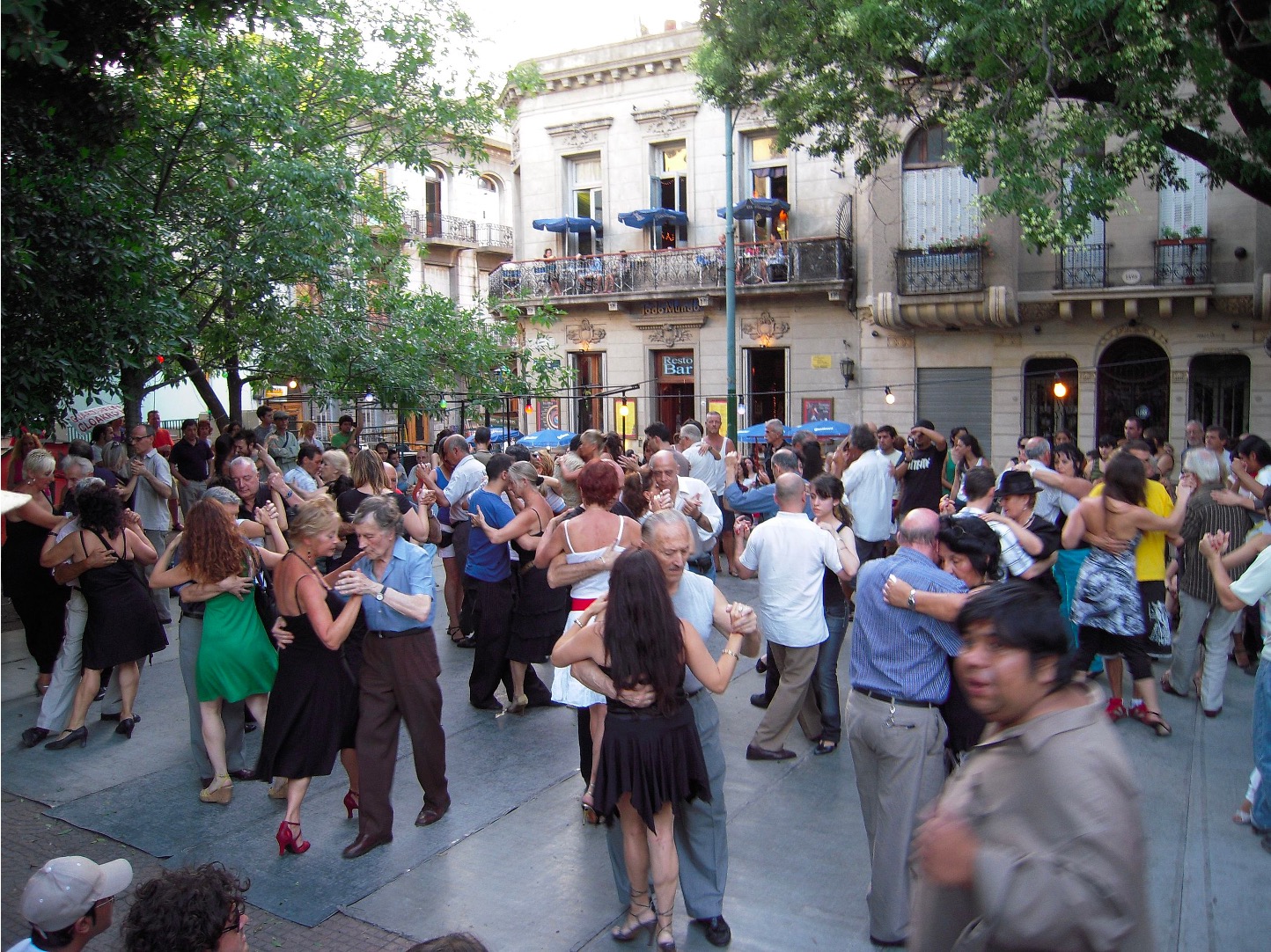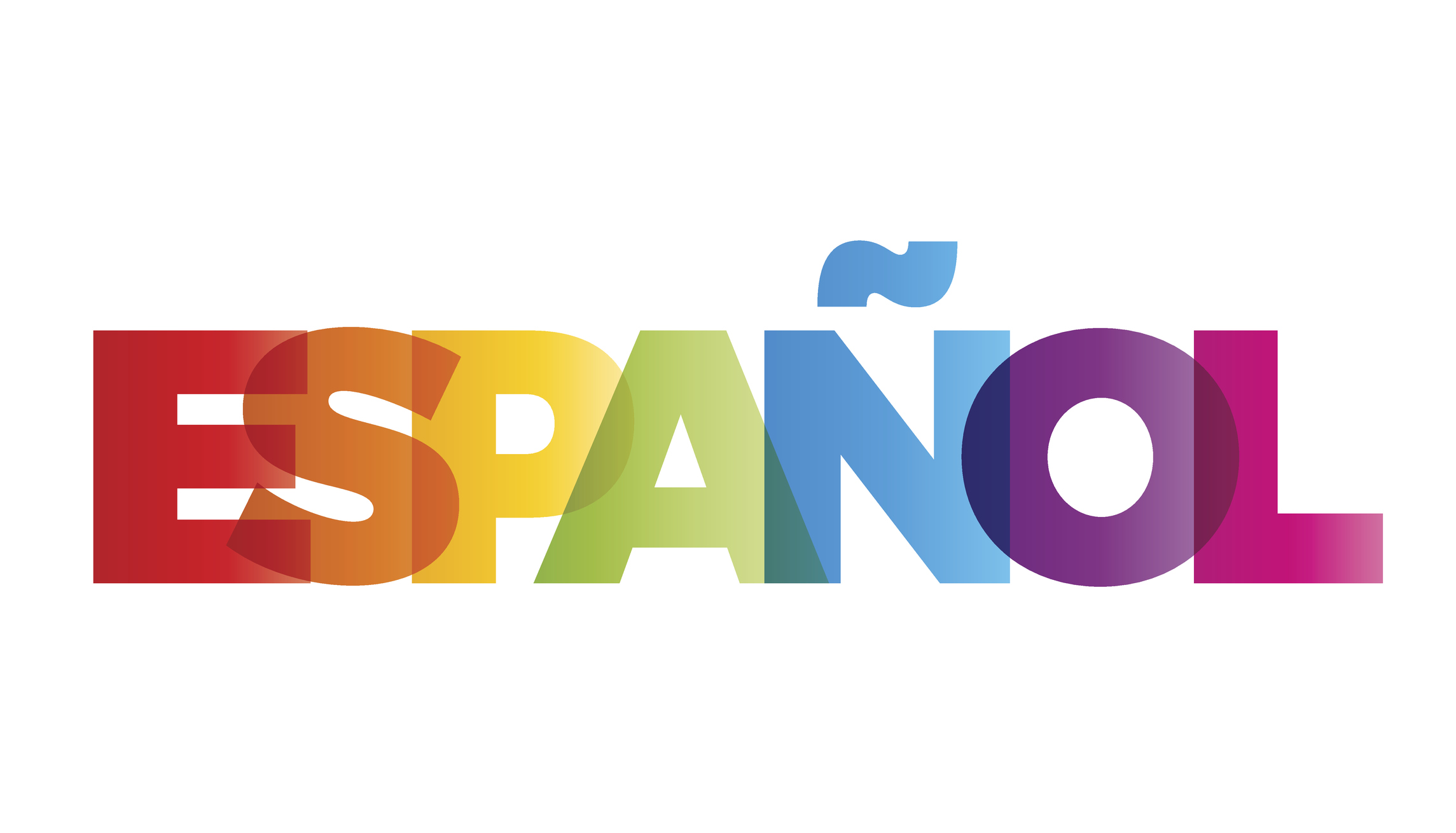
Independent Stdy/Biostats SU22 (BIOL-40100-01)
BIOL 40100. JUNIOR INDEPENDENT STUDY AND BIOSTATISTICS Junior Independent Study is designed to help Biology and Neurobiology majors develop skills that are fundamental in planning and carrying out an independent project, as well as in communicating scientific information to others. During the course of the semester, you will: (1) be matched with a Senior I.S. advisor; (2) choose a topic and format for your research project; (3) develop and write planning documents for your project; and (4) regularly attended the Life Sciences seminar series which features scientists talking about their current projects. You will work with a cohort of fellow students and an instructor to explore your interests, develop your ideas, and provide peer feedback throughout the semester.

Introduction to Statistics SU22 (DATA-10200-01)
DATA 10200. INTRODUCTION TO STATISTICS This course covers an introduction to basic statistical methods and concepts - the basic elements of descriptive and inferential statistics. Topics include exploratory data analysis, experimental design, sampling, inference for means and proportions, regression, and categorical data. This course does not satisfy the prerequisites for further Mathematics courses, nor does it count toward a major or minor. [MNS, Q, QL]

Writers Habits, Routines, & Strategies (ENGL-270)
ENGL 27008. WRITERS HABITS, ROUTINES, AND STRATEGIES Maya Angelou wrote in the mornings, in a space cleared of decoration and distraction. Steven King assigned himself the task of completing six pages every day. Kurt Vonnegut and Haruki Murakami swim, run, and do push-ups. In this course, we will explore how professional writers practice and conceptualize the work of writing, and then consider how these individual accounts match up with academic research on how writers learn and develop their abilities. We will also experiment with adopting and evaluating these habits, routines, and strategies for ourselves. Course projects will prompt students to examine and analyze their own writing process, and critically evaluate the strategies and routines of professional writers. [AH, W]

Farm to Table: Food Systems SU22 (ENVS-22000-01)
ENVS 22000. FROM FARM TO TABLE: UNDERSTANDING THE FOOD SYSTEM The purpose of this class is to come to a deeper understanding of the complex system of the production and consumption of food. We begin on the farm, discussing the history of American agriculture and the rise of modern industrial farming. Then we explore some of the alternatives that have been proposed to industrial farming, including organic farming and going local. Finally we turn our attention to food itself and tackle the most basic question of all: what should we eat? Offered three of every four years. [HSS]

Introduction to Film Studies SU22 (GMDS-13000-01)
GMDS 13000. INTRODUCTION TO FILM STUDIES This course is an introduction to film analysis that examines critical approaches to authorship, genre, presentation, and narrative. The main objective will be to help students develop the analytic tools necessary for understanding how meaning is constructed in narrative cinema. Students will become literate in the language of cinema and learn basic film concepts, techniques, and terminology in an effort to appreciate films more completely. The course examines how films are shot, tell stories, develop characters and depict physical reality through the combined, constructed medium of sound and image. Introduction to Film Studies is designed for students who enjoy movies but may lack the experience to make viable interpretive arguments about them. We will also pay close attention to multiple ways in which digital technologies have altered the construction of narrative in Hollywood and other national cinemas. [AH]

Homecomings: Return Migration SU22 (HIST-10102-01)
HIST 10102. HOMECOMINGS: HISTORIES OF RETURN MIGRATION. While the act of return is frequently part of migratory experiences, return migration is largely overlooked as a key aspect of migration history. This course will center on the experiences of migrants who make temporary and permanent returns home. In addition to exploring transnational and interdisciplinary narratives of return migration, the course will also ask students to consider what it means for us to understand a place to be our home. Key readings for this course will include Call to Home: African Americans Reclaim the Rural South by Carol B. Stack and Homecomings: Unsettling Paths of Return, edited by Markowitz, Fran, and Anders H. Stefansson.

Doc Film & Hist Buenos Aires SU22 (HIST-21800-01)
An intensive filmmaking workshop and an introduction to the lively history and culture of Argentina. The course includes five weeks of coursework and practical preparation in Wooster, a 16-day stay in Buenos Aires, Argentina, where students will work with a professional filmmaker to produce their own films, and two weeks of work in which students will reflect on their experiences and finish the final cut of their films. There are no prerequisites. No previous filmmaking experience is required or expected. No foreign language background is required, though Spanish would be helpful.

Ancient Phil: Plato/Aristotle SU22 (PHIL-25000-01)
PHIL 25000. ANCIENT PHILOSOPHY: PLATO AND ARISTOTLE This course examines the major philosophical texts of Ancient Greece and the Presocratic writings out of which they grew. The writings of these philosophers have implications for contemporary politics, education, morality, and knowledge. [AH, GE]

Political Parties & Elections SU22 (PSCI-20600-01)
PSCI 20600. POLITICAL PARTIES AND ELECTIONS A systematic examination of elections and political parties focused on how well elections perform their representative function in the United States. [HSS]

Neurodiversity SU22 (PSYC-29916-01)
PSYC 29916. NEURODIVERSITY This course will introduce students to neurodiversity, the idea that neurological differences, whether arising from developmental (i.e., Dyslexia, ADHD, Autism) or mental conditions (i.e., Schizophrenia or Tourettes) should be accepted and valued as natural variations to human brain and behavior. This course will combine synchronous and asynchronous activities including small-group discussions, large-group discussions, students presentations, and lectures with active learning components. Asynchronous activities will include reading of primary literature as well as auto- and biographical essays, watching videos, reflective writing, and experiential learning. The usual pre-requisite for this course is Psychology 100 or Advanced Placement Psychology, but this requirement will be waived as long as the student has taken an introductory level course in one of the social or natural sciences, such as Biology 111, Neuroscience 200, or Sociology/Anthropology 100. [HSS, D]

Beginning Spanish Level I SU22 (SPAN-10100-01)
SPAN 10100. BEGINNING SPANISH LEVEL I Oral-aural instruction and practice with grammar, reading, and some writing. Emphasis on practical everyday language for direct communication. Instruction focuses on the cultural meaning of language.

Beginning Spanish Level II SU22 (SPAN-10200-01)
SPAN 10200. BEGINNING SPANISH LEVEL II Additional oral-aural instruction and continued practice with grammar, reading, and writing. Further emphasis on practical everyday language for communication. Instruction focuses on the cultural meaning of language.